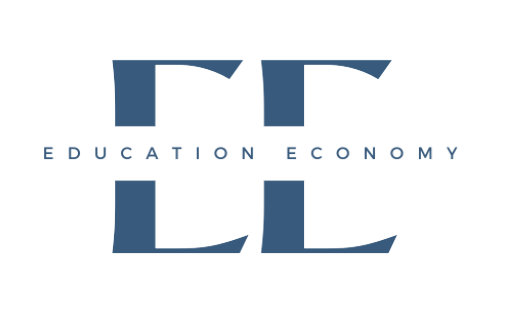This Declaration is an output of the fourth, biennial Trauma-Aware Education Conference and the collective effort of teams of education leaders and university leaders who are thought leaders in trauma-informed education for Australia.
DECLARATION for a TRAUMA-AWARE EDUCATION WORKFORCE in AUSTRALIA
We the undersigned acknowledge that trauma is manifesting in the lives of children and young people throughout Australia, as a growing and costly national problem that is urgently requiring an informed national solution.
As educators, researchers, leaders of organisations, and concerned citizens, we declare that primary and secondary schools, early childhood education and care services, and alternative education provisions are critically positioned to contribute towards this national solution, due to the relational and learning environments they provide and the amount of time that young learners spend in these environments.
At such a time in history, where child maltreatment, domestic and family violence, youth crime, youth mental ill-health, international war and conflict, refugee trauma, natural disasters, and other concerning societal issues affecting children and young people are increasing in frequency and impact, it is timely for a systemic approach to supporting and educating trauma-impacted young Australians.
We also acknowledge that educating and supporting trauma-impacted children and young people can be very challenging. Evidence from the fields of neuroscience, education, public health, psychology and other research explains how childhood trauma can impact on the development, structure, and functioning of developing young brains and nervous systems. Consequently, this explains why these young learners behave in the way that they do and face the challenges that they face, both within and outside of education settings. This research explains that with a consistent trauma-informed response over time, this impact can be minimised or even alleviated for impacted children and young people.
We gratefully acknowledge that Federal and State/Territory governments identify the management of student behaviour and inclusion as vital and ongoing priorities in Australia. However, we declare that without a clear understanding of the impact of trauma and the means to address this impact, schools and early childhood education and care services will continue to struggle with the challenging behaviours and other concerns of significant numbers of trauma-impacted learners.
Despite the rapidly growing interest of Australian educators, education sites, and education systems, the implementation of trauma-informed approaches within education can lack consistent, systemic governance and support. Without this systemic support, trauma-informed education in Australian states and territories is at risk of becoming low in quality, inequitably distributed, and unsustainable.
Australia is a global leader in Trauma-Aware Education. However, we declare our concern that without a consistently well-prepared, well-trained, and well-supported workforce, and trauma-informed structures, policies, and systems, we will continue to see:
- unacceptably high rates of suspension, exclusion, truancy, and disengagement of this vulnerable and often marginalised group of young Australians.
- increasingly concerning impacts on the personal and professional wellbeing, recruitment, and retention of teachers, education support personnel, and education leaders.
So, we the undersigned invite Federal, State, and Territory Education Ministers and leaders of education systems to consider the following proposed initiatives to make trauma-informed education available, consistent, and sustainable throughout Australia.
- Australian universities delivering Initial Teacher Education programs to include quality learning for all pre-service teachers, that explains the impacts of childhood trauma and prepares all graduates for trauma-informed approaches to teaching and supporting impacted children and young people.
- Universities and TAFE colleges, and other associated training organisations to provide quality learning opportunities regarding trauma-informed education for all pre-service early childhood educators, teacher-aides/teacher assistants, youth workers, school counsellors, school-based police officers and nurses, and other support personnel who will be working in schools and early childhood education services.
- Education Departments and Authorities in each state and territory to include central teams tasked with delivering workforce training and support strategies for trauma-informed education in all education sites (note: this is already established in some states).
- Governments, Education Departments, and Authorities to fund and support state/territory strategies to ensure all education leaders are trauma-informed. This could include on-line modules designed by specialists that are included in mandatory training for leaders in education systems and sites.
- Governments, Education Departments, and Authorities to fund and support state/territory strategies to recruit and provide dedicated positions for specialist educators to deliver quality training to all education sites and to support these sites to work in trauma-informed ways.
- AITSL and ACECQA to ensure trauma-informed education is embedded within the Australian Professional Standards for Teachers and School Leaders and the National Quality Framework and associated resources.
- Education Departments and Authorities, and universities to collaborate to support development and delivery of the above recommended strategies.
We would welcome the opportunity to discuss this Declaration and the recommendations with Federal, State, and Territory Education Ministers and leaders of Education Departments and Authorities throughout our country.


